On the morning of June 25, with 426/430 delegates in favor (accounting for 89.12%), the National Assembly passed the State Budget Law. The law will take effect from the 2026 budget year.

The National Assembly passed a new Budget Law, increasing power for the Prime Minister and localities.
Before voting and presenting the report on receiving, explaining and revising the draft Law, Minister of Finance Nguyen Van Thang said that regarding the decentralization of revenue sources between the central budget and local budgets, the Government accepted and selected option 2 which was submitted to the National Assembly.
At the same time, accept and adjust the regulations on the division of land use fees and land rents in the direction that: Hanoi enjoys 100% of these revenues according to the provisions of the Capital Law; Localities that do not receive additional balance, the local budget enjoys 80%, the central budget enjoys 20%; Localities that receive additional balance, the local budget enjoys 85%, the central budget enjoys 15%.
The Minister also said that in order to facilitate the use of increased revenue compared to the budget estimate and remaining expenditure estimates of the budget level in a proactive, timely and effective manner, the draft Law stipulates that the Government is assigned to manage and operate, report to the National Assembly Standing Committee on the implementation results and report to the National Assembly at the nearest session.
At the same time, corresponding regulations are made on the assignment of People's Committees at all levels to use increased revenue sources compared to the remaining estimates and expenditure estimates of the local budget.

Overview of the meeting.
The Draft Law supplements the duties and powers of the Government, stipulating: Funding and voluntary contributions; Non-refundable aid for the State, the Government of Vietnam and local authorities.
Regarding increasing the proactiveness and flexibility in organizing the implementation of the State budget, absorbing the opinions of National Assembly deputies, the draft Law amends and supplements the responsibility of unit heads in implementing budget expenditures, and simplifies the budget expenditure control process of the State Treasury agency.
At the same time, supplement the regulation that the financial reserve fund is used to make advances for important infrastructure programs, tasks, and projects in the area to accelerate the implementation progress and must be repaid within 36 months from the date of advance payment; the total maximum advance payment must not exceed 50% of the fund's opening balance to ensure flexible, effective, and timely use of the provincial financial reserve fund.
Regarding the authority to decide and adjust the State budget estimate, Mr. Thang stated that the proposal in the draft Law was submitted by the Government to the National Assembly to implement the Party and State's policy on strengthening decentralization and delegation of power.
"This is still an important and urgent issue that needs to be resolved immediately to meet practical requirements, in order to create proactiveness, flexibility, timeliness and efficiency in the management and operation of the State budget, reduce administrative procedures and enhance the responsibility of all levels, sectors and localities," Mr. Thang stated.
The National Assembly, the Government, the Prime Minister, the People's Councils, and the People's Committees at the provincial and communal levels must strengthen inspection and supervision work and have sanctions to strictly handle violations, combat corruption, negativity, and waste.
Regarding the duties and powers of the Prime Minister, the current State Budget Law has stipulated a number of duties and powers of the Prime Minister.
Accordingly, Mr. Thang said, the draft Law adds the authority of the Prime Minister in deciding on budget allocation and consolidates it into one article regulating the duties and powers of the Prime Minister for convenience in organization and implementation.
Source: https://vtcnews.vn/quoc-hoi-thong-qua-luat-ngan-sach-moi-them-quyen-cho-thu-tuong-va-dia-phuong-ar950929.html


![[Photo] More than 124,000 candidates in Hanoi complete procedures for the 2025 High School Graduation Exam](https://vphoto.vietnam.vn/thumb/1200x675/vietnam/resource/IMAGE/2025/6/25/fa62985b10464d6a943b58699098ae3f)
![[Photo] First training session in preparation for the parade to celebrate the 80th anniversary of National Day, September 2nd](https://vphoto.vietnam.vn/thumb/1200x675/vietnam/resource/IMAGE/2025/6/25/ebf0364280904c019e24ade59fb08b18)



![[Photo] General Secretary To Lam works with the Standing Committee of Quang Binh and Quang Tri Provincial Party Committees](https://vphoto.vietnam.vn/thumb/1200x675/vietnam/resource/IMAGE/2025/6/25/6acdc70e139d44beaef4133fefbe2c7f)



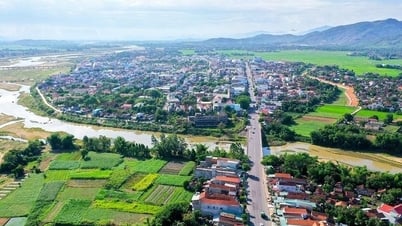















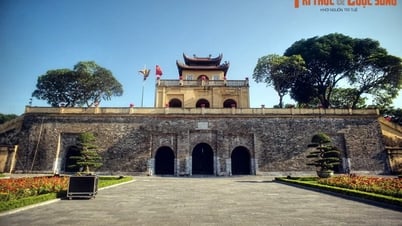

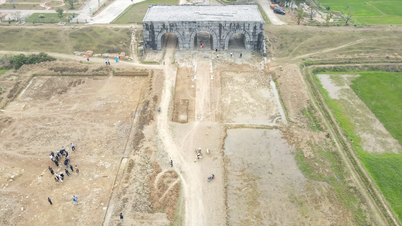





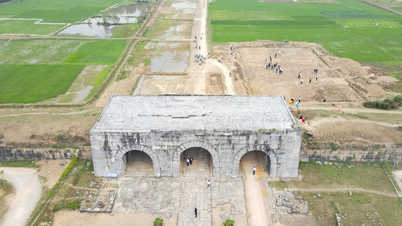








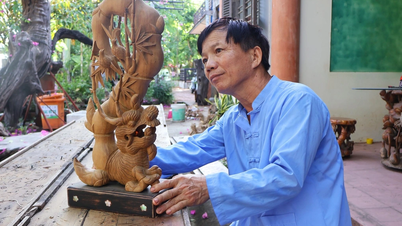



















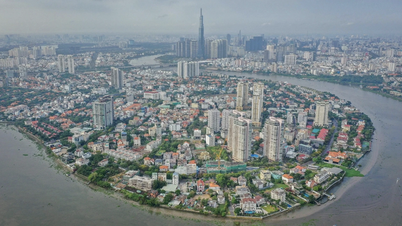
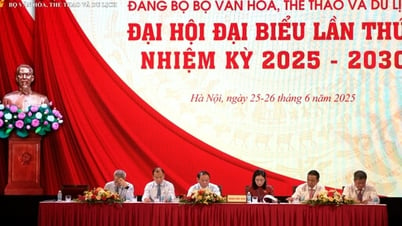


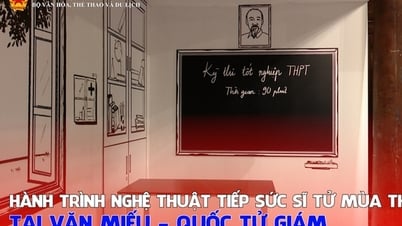


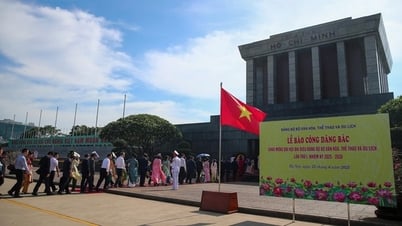
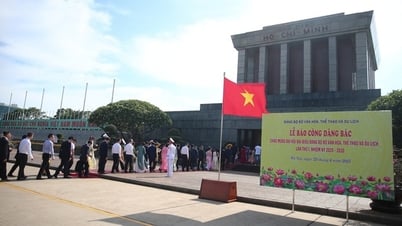






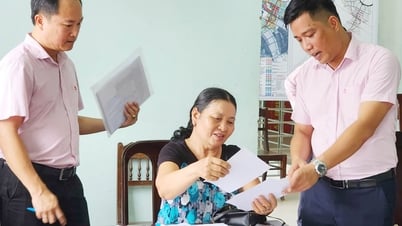

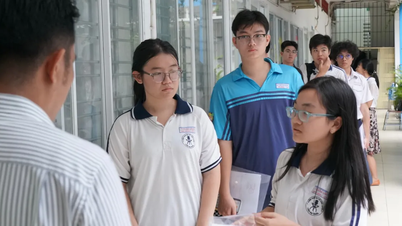













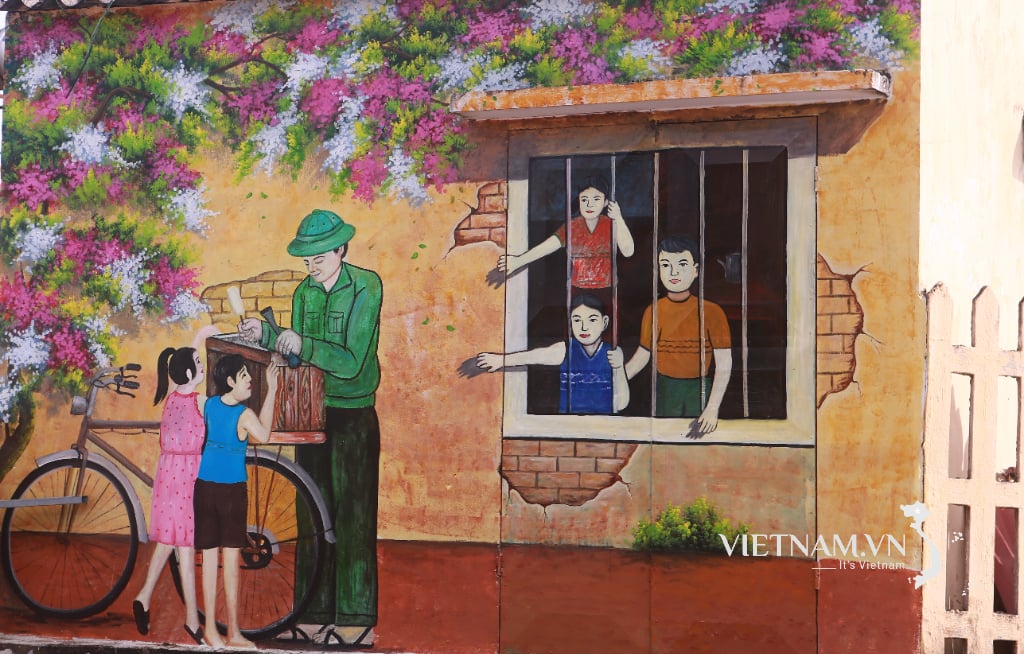


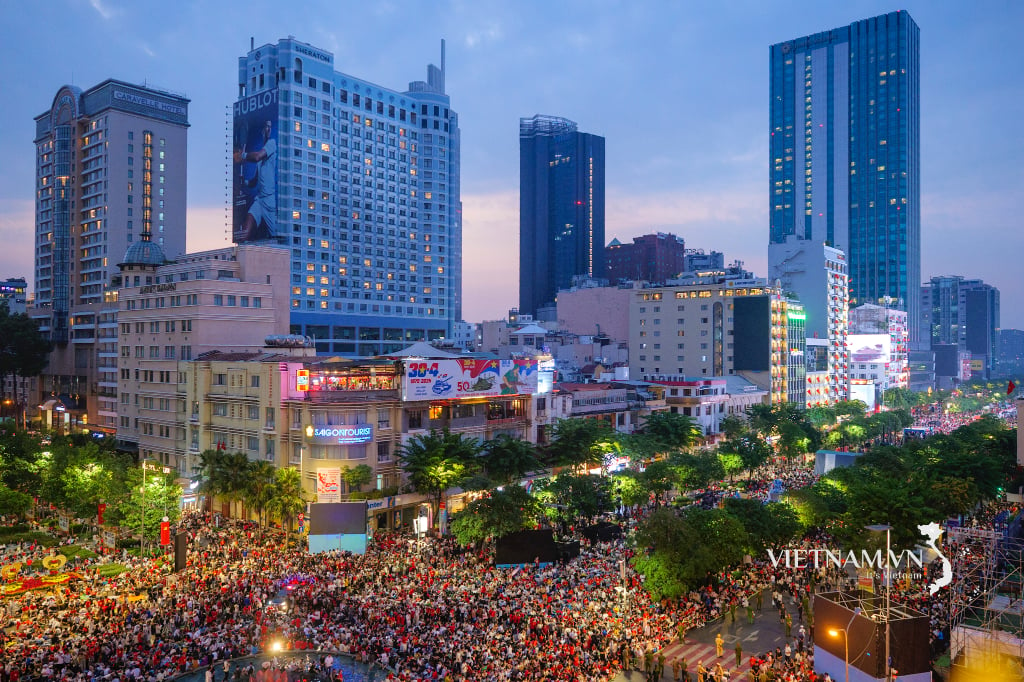
Comment (0)